From accommodation and airlines to restaurants and attractions, we compared the contenders across seven categories to crown our winner.
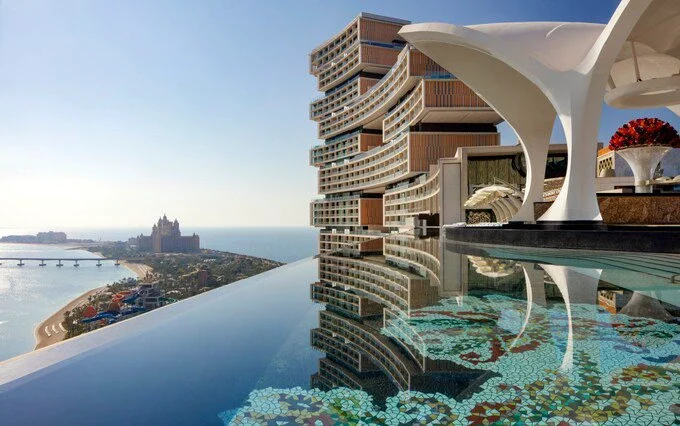
As a measure of the Gulf states' rocket-fueled progress as luxury tourist destinations, one long-time Indian resident told me recently that they have gone from donkeys to Aston Martins in less than 50 years. That pretty much sums it up. All three destinations have transformed themselves from bare desert settlements into smart 21st-century tourist centres with multiple attractions, excellent cuisine on tap and, in winter at least, perfect climatic conditions.
Dubai is Las Vegas to Abu Dhabi's Washington, while Qatar is the dignified distant relative trying to spend its way into our hearts. But which is the best option for a long-haul stopover, or as a destination in its own right? I've compared the trio when it comes to accommodation, restaurants, attractions and connectivity, to crown a winner.
Airlines and connectivity
You can't talk about the Gulf without mentioning its key airlines. All three - Emirates (based in Dubai), Etihad (Abu Dhabi) and Qatar Airways (Doha) - are among the world's best, offering modern, well-equipped aircraft staffed by faultlessly efficient flight crews who actually seem to enjoy their jobs. (Locals like to say it is easier to get into Harvard than it is to get a job at Emirates).
Once I would have argued that Emirates was hands down the best airline on the planet, but these days I would say that Qatar is at least its equal and, given the extraordinarily sumptuous facilities at Doha's Hamad International Airport, it may well be the best. And by a shade Etihad runs a close third.
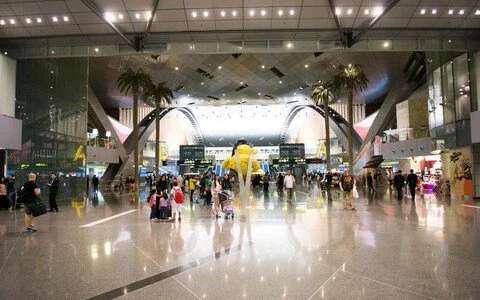
So outstanding are the trio that some South African travellers, for example, are now forgoing direct flights to Europe with legacy airlines such as British Airways and joining connecting flights through Dubai, Doha and Abu Dhabi, or stopping over for a night or two in those destinations.
The scores:
Dubai: 9/10
Abu Dhabi: 8/10
Qatar: 9/10
Hotels
Dubai
Next year marks the 25th anniversary of the Burj Al Arab, the dramatic dhow-shaped "seven-star" hotel that remains Dubai's defining architectural image, and continues to represent the glitz and ambition of the tiny emirate. In the intervening years, luxury hotels have sprouted like kudzu so now visitors have a wide choice - from uber luxury through to down-to-earth budget.
The landmark Burj, at around £800 per night for a suite, is at the top end and, despite the price, I would recommend a night there. (The only downside is they now allow tour groups to wander around the hotel, a strange initiative.) Right next door is Jumeirah's sprawling Madinat complex, which has four hotels - Malakiya Villas, Al Qasr, Al Naseem, and Mina A 'Salam - all linked with a labyrinthine waterway that you traverse by abra. It offers luxury in a more resort-like environment. Room rates start from around £470.
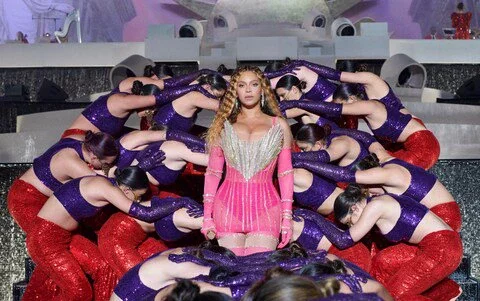
Further along the white sands of Jumeirah beach is The Westin, Mina Seyahi, a family resort that shares its patch of waterfront with sibling properties Le Mercure and the adults-only designer W. Enormous double rooms with balconies overlooking the beach cost from £350 in high season. It's outstanding value for a five-star property.
But the newest, glitziest and largest is Atlantis The Royal, a gigantic resort (almost 800 rooms), which featured Beyoncé performing for a reported $25 million at the opening celebrations in February. It's located on the far end of the Palm, has 17 restaurants including some with Michelin stars, and several pools including Cloud 22 on the top of the hotel. Rooms start at £495.
Abu Dhabi
The Abu Dhabi hotels don't have the skyscraper bling of their Dubai neighbours, but their resorts are mostly adjacent to pristine white-sand beaches and are very popular with British travellers.
The sprawling 293-room Jumeirah at Saadiyat Island is located on one of those perfect stretches on Saadiyat Beach East, some distance from the noise and crowds of the western sector. Dolphins are a common sight, as are hawksbill turtles. Aim for an ocean-view room. Restaurants offer Italian, Arabic and Levantine cuisine and are above average. Rates are from £592 per room.
The Rotana at Saadiyat Island is set on an equally perfect beach at the busier Western end of the island and is another enormous resort with 327 rooms and suites and 13 beach villas. There is a large swimming pool decorated with palm trees and just beyond is the beach with full butler service. There are seven food outlets and the Italian restaurant Si - the first Italian on Saadiyat - is particularly good. From £589 per room.
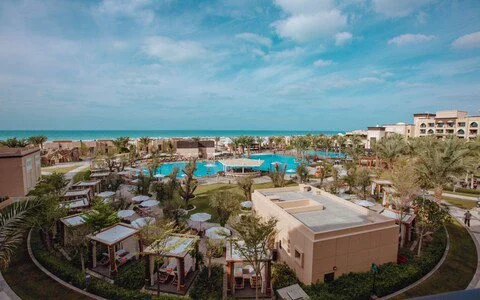
Although not located on the beach, W Yas Island has the unique advantage of being set right on the Formula 1 Grand Prix track, the only such hotel in the world. An award-winning architectural masterpiece, the W comprises two 12-story towers one set within the circuit and the other placed in the marina, linked by a monocoque steel and glass bridge. The interiors are stunning and the staff quite outstanding. (It is in the W spa that I had the best Thai massage I've had in my life. Ask for Kanya. She is a muscle magician.) There are regular bus transfers to the nearby beach. Rooms start at £450 for two sharing which is great value for money.
Qatar
Qatar takes the spoils in this category as it possesses what is, quite simply, the finest luxury hotel I've stayed at. The double scimitar-shaped Fairmont/Raffles complex in the Katara Towers is to Qatar what the Burj has been to Dubai for the past 25 years. Iconic architecture on the outside and hyper luxury within.
One scimitar contains the suite-only Raffles, the archetypal 21st-century luxury hotel. The smallest suite measures more than 700 square feet and the vaulted ceilings and arched windows give you a sense of space its rivals simply can't offer, with acres of cool marble, lots of gold adornments and sumptuous soft white leather everywhere. The staff don't wear uniforms, they wear couture designed by Briton Nicholas Oakwell, and each suite is served by a butler who anticipates what cocktail you might want at sundown - all done with computer records of what you ordered earlier.
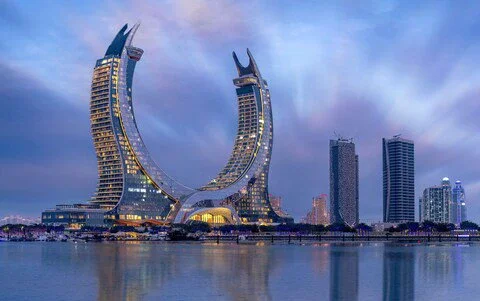
Across the city next to the Katara Cultural Village and set on a fine, white-sand beach is the Chedi Katara, an elegant property with 59 rooms and 32 villas and Mughal and Ottoman architectural influences. When the sea is too warm to swim in (during summer months) there are two enormous, chilled pools. The Katara Cultural Village, a vital hub of arts, culture and cuisine, is right next door to the Chedi. Rooms start at £409.
The scores:
Dubai: 8/10
Abu Dhabi 7/10
Qatar: 9/10
Restaurants
Dubai
Dubai has become foodie central. The first Michelin guide for Dubai was published in 2022, and there are now three two-star restaurants, 11 one-star and 17 with a Bib Gourmand.

Two other in-hotel restaurants deserve a mention, both on the Palm. Ariana's Persian Kitchen in Atlantis The Royal received Michelin's Opening of the Year Award and is an exploration of Persian cuisine with a contemporary twist. And on top of the nearby St Regis Hotel is Tresind Studio, with two Michelin stars, six tables and a 20-course tasting menu; it is Indian cuisine's equivalent of Ferran Adria's late lamented El Bulli. Quite brilliant.
Another memorable option is Orfali Brothers Bistronomy, 20 minutes' drive from the Jumeirah beach resorts. The brainchild of three Syrian brothers, it is listed at No 87 in the World's Top 100 restaurants (Tresind is No 11) and serves extraordinary Middle Eastern food - the Corn Bomb is worth the journey alone. Note that it does not serve alcohol.
Abu Dhabi
The UAE capital doesn't quite reach the same culinary heights as Dubai, but it's getting closer. The first Michelin guide to Abu Dhabi was published in 2023, with three restaurants receiving a single star (Talea by Antonio Guida, Hakkasan and 99 Sushi Bar) and four earning a Bib Gourmand.
And there are plenty more vying for Michelin recognition. The Levantine restaurant at Jumeirah at Saadiyat Island, Tean, has attracted ecstatic reviews from local food critics. The beachside setting is superb, and it serves very good Middle Eastern staples, like prawn fattoush, shish kabab and spicy harra potatoes. Bushra by Buddha Bar (one of a trio of Buddha Bar restaurants in the marina, the Asian Siddharta Lounge and the Indian Zeera being the others) offers high-end but uncomplicated Levantine and Middle Eastern cuisine.
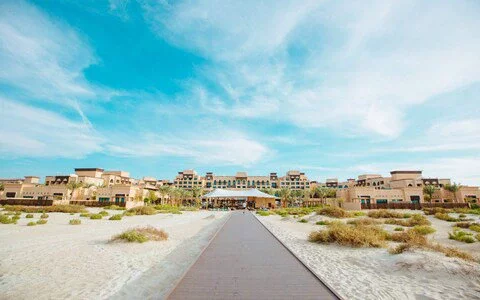
Catch, an Abu Dhabi staple overlooking the Corniche, is a favourite of locals. More moderately priced is Stouff Beirut, attached to the WTC Mall in downtown Abu Dhabi, and which is regarded as the best in the region for Lebanese cuisine. Hanging beef, beef shawarma and smoked chicken are three of the standout dishes.
Qatar
The Michelin guide hasn't yet reached Qatar (watch this space), but it has no shortage of high-end restaurants, with luxury hotels also having the monopoly on the best.
None is finer than the recently opened Alba by Enrico Crippa in Raffles, where you'll find the best Italian cuisine in the region (Crippa's three-Michelin-starred Piazza Duomo is in Alba, Italy's truffle country). Also in the twin-scimitar Katara Towers is Vaya, a lively Latin American restaurant that's open all day and specialises in table-side preparations. Also recommended are the inevitable Nobu, this one in the Four Seasons Hotel, Market by Jean-Georges in the W Hotel, and Sofra in the Alwadi Hotel, which has a reputation for serving the best Levant cuisine in Qatar.
Outside the hotels, there is the popular Damasca One in the middle of Souq Waqif which serves Syrian cuisine and which I'd recommend more for the atmosphere than the cuisine. If you don't expect fine dining it is great fun. Parisa, also in the Souq Wasif, serves very good Persian food.
The scores:
Dubai: 9/10
Abu Dhabi: 7/10
Qatar: 7/10
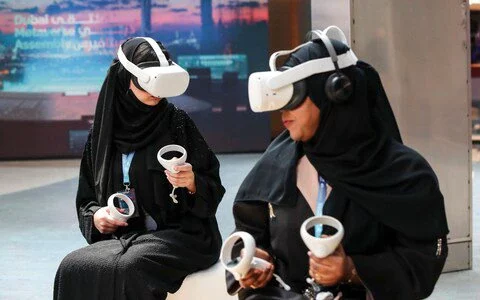
Indoor activities
Dubai
Being the Las Vegas of the Gulf, Dubai's indoor activities tend towards traipsing around luxury shopping malls. But there are also gigantic bouncy castles (AirManiax), a trampoline park (Bounce), bowling (Dubai Bowling Centre), indoor skiing (Ski Dubai at the Mall of the Emirates), and theme parks (IMG Worlds of Adventure). All of which is decent family fun, but hardly edifying. For that you'll need to visit the Museum of the Future, a seven-storey landmark illuminated by 14,000 metres of Arab calligraphy. Inside is a high-tech, interactive glimpse into humanity's future, and you could spend days here.
For a glimpse of Dubai's past, a visit to the Sheikh Mohammed bin Rashid Al Maktoum Centre for Cultural Understanding, located in Bur Dubai's historic Al Fahidi neighbourhood, is recommended. Guides take you through the customs, sartorial traditions and culinary rituals of the desert people from whom this society has emerged, and how the modern generation is dealing with these rapid changes. Compelling and instructive.
Abu Dhabi
The attractions here are on another level. Yas is the island of the theme parks: Ferrari World, Warner Brothers, recently opened SeaWorld and the soon-to-open Harry Potter World. Of these, SeaWorld is a must-visit: not only is it the world's largest aquarium, but it is also a centre for oceanic research and science with a state-of-the-art marine hospital. They have a CAT scan machine for fish here.

Elsewhere, Saadiyat is the island of culture, led by the wonderful Louvre Museum, a spectacular palace of culture, shimmering in the desert. The Zaid National Museum's Abrahamic Family House is the first time in the world that a mosque, a Christian church and a synagogue have been established within walking distance of one another. And more is to come in the near future. Next year the Maritime Museum and the UAE Heritage Museum will open and then the following year the much-anticipated Guggenheim is due to open.
Qatar
Along the same lines as Abu Dhabi, Doha has used a chunk of its gas and oil wealth to build cultural shrines such as the National Museum of Qatar and the Museum of Islamic Art. The former is an extraordinary Jean Nouvel-designed building, a series of interlocking discs inspired by the desert rose crystal, a mineral formation found in the Gulf deserts. It is a powerful, modern, computerised 3-D, interactive museum that tells the story of the Gulf from prehistory to today. The I.M. Pei-designed Museum of Islamic Art is just along the Corniche, and while not as immersive as the National Museum it is also breath-taking in its collections and ambition.
However, the most interesting is the most eccentric. The Sheikh Faisal Museum, a short drive out of the city, contains the private collection of one of the founding fathers of Qatar and it is its sheer daftness that makes it fascinating: everything from matchboxes, classic American cars from the 1950s, fossils, furniture, all manner of weaponry and an 18th-century Syrian house brought from Damascus and reassembled brick by brick. Chaotic, disorganised and brilliant.
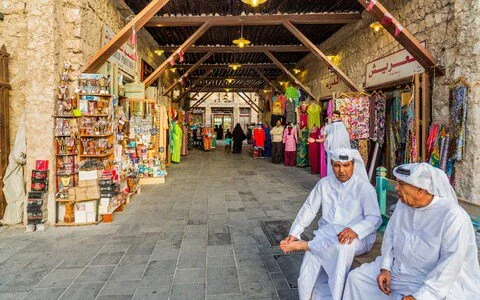
The air-conditioned Waqif Souk also counts broadly as an indoor activity and should not be missed. Here the locals really are friendly and engaging.
The scores:
Dubai: 6/10
Abu Dhabi: 8/10
Qatar: 8/10
Outdoor activities
Dubai
Frying Pan Adventures is a not-to-be missed walking tour of Old Dubai and although it centres around the cuisines of the Levantine countries it is, in fact, a cultural journey conducted by two clever sisters. Farida (a Swiss-trained hotelier) and Arva (former New York financier) Ahmed, gave up their careers to create this gastro-cultural tour and "dispel the myth that Dubai has no soul." You pass through falafel restaurants, cafes selling knafeh, baklava shops and end up at an Iraqi restaurant that specialises in masgouf but also serves the best lamb kebab I have ever eaten.
More conventional outdoor activities centre around the desert. An hour's drive from Dubai is Al Maha, a luxury resort in the Dubai Desert Conservation Reserve. The reserve is stocked with desert oryx, gazelles and camels and the canvas tents provide the comfort of king-sized beds and marble bathrooms. It is an oasis and calm, the spiritual opposite of the clatter of downtown Dubai.
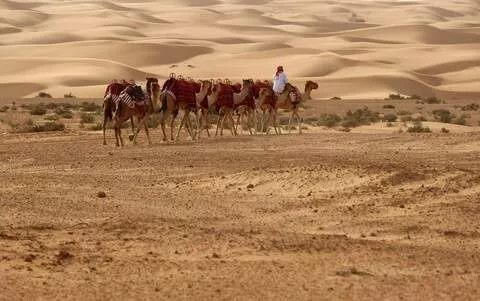
Abu Dhabi
There are very few outdoor attractions in Abu Dhabi, with an exception being Waterworld, a family theme park with more than 40 rides and slides divided into four "thrill" levels. The most extreme are Shaheen's Adrenaline Rush with a 20-metre high funnel that shoots you out like a rocket, and the Jebel Drop, a 10-storey plunge which speaks for itself. Great fun for all the family. The city also hosts a Formula 1 Grand Prix, now in its 15th year. It takes place at the end of November and involves days of partying.
Qatar
Come the weekend and Qataris head southeast in convoys of 4x4s. Their destination is the Mesaieed Desert, around 40 miles away, where they camp, or glamp, and go dune bashing and paragliding and sand boarding amid the towering dunes. Here too is Khor Al Adaid, the inland sea, a Unesco World Heritage Site that is one of Qatar's natural wonders. On the horizon you can see the mountains of neighbouring Saudi Arabia and at night under a full moon this can be one of the most magical places on earth.
A highly recommended alternative to camping is a stay at The Outpost Al Barari, a small 20-tent retreat away from the noise of dune-bashing vehicles. Most of the tents have ensuite swimming pools, and there is a good restaurant. Note that the camp is dry.
The scores:
Dubai: 8/10
Abu Dhabi: 6/10
Qatar: 8/10
Security and safety
The entire region is pretty much crime free. In all three destinations I was told by experienced locals that one can leave behind one's mobile phone in a restaurant or bar and return the following day to find that it is still there. By and large you will not find more law-abiding citizens anywhere on the planet. This may be more to do with crime and punishment than the altruism of local residents, but whatever the case, it equals a reassuring holiday for all.
The scores:
Dubai: 10/10
Abu Dhabi: 10/10
Qatar: 10/10
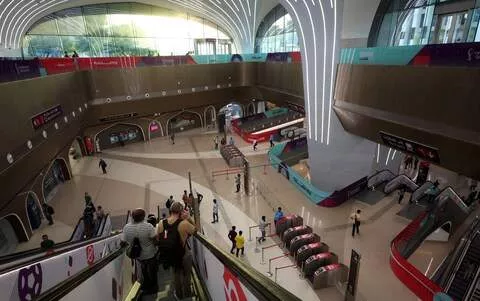
Convenience and friendliness
Dubai
Dubai Metro runs regularly from the airport's three terminals to the city centre and takes around 15 minutes. It costs between £1 and £2. Taxis cost around 150-180 AED (£31-£39).
Abu Dhabi
A bus service runs from Abu Dhabi International Airport's three terminals into the city. They run every 40 minutes, 24 hours a day and the one-way fare is AED 4. Taxis cost around AED 80-90 (£17.50-£19.50).
Qatar
The Metro station at Hamad International Airport offers fast and frequent services to and from the airport 7 days a week, connecting the airport to major cultural, tourist and business districts of Doha. You'll disembark at Souq Waqif metro station, which is in the heart of Doha. Taxis cost around QAR 40-60 (£9-£13).
The scores:
Dubai: 8/10
Abu Dhabi: 8/10
Qatar: 8/10
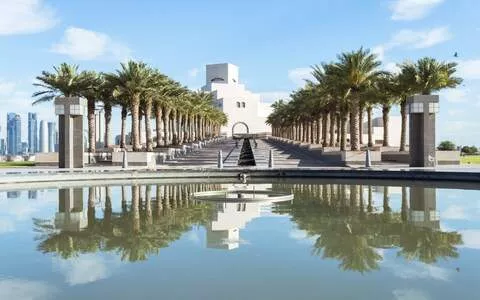
The final scores
Dubai: 58/70
Abu Dhabi: 54/70
Qatar: 59/70

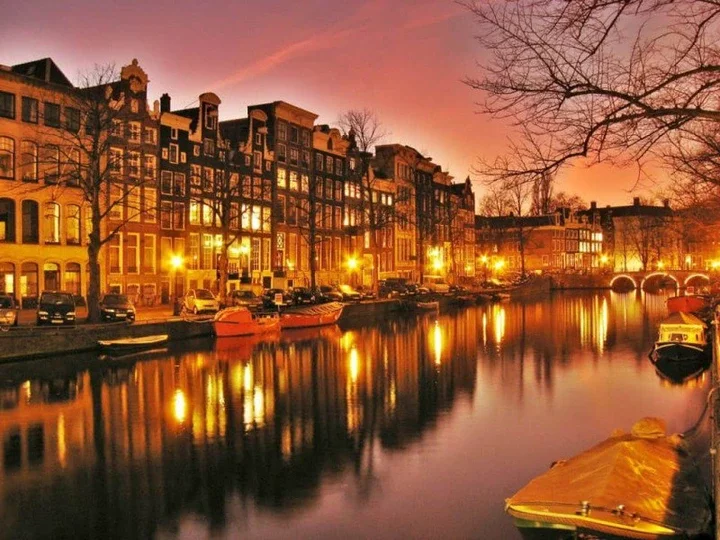
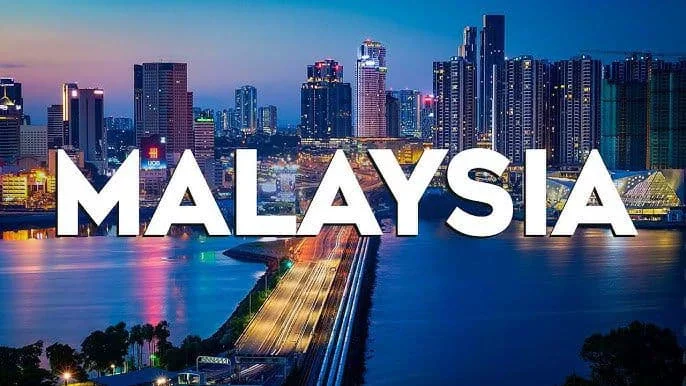
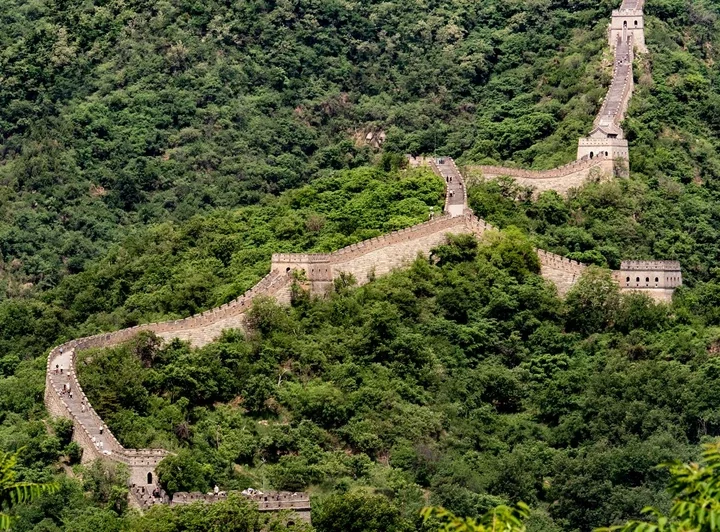

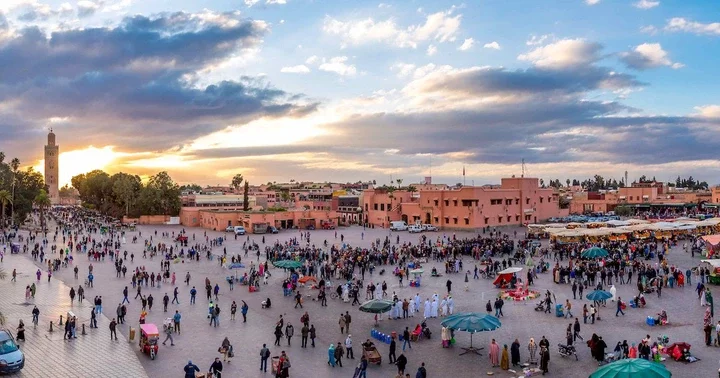
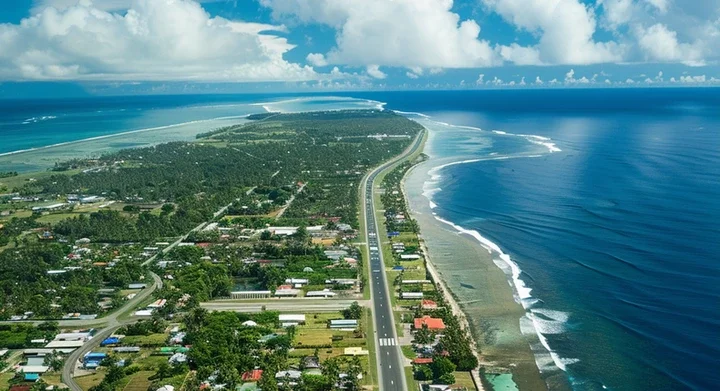










Comments